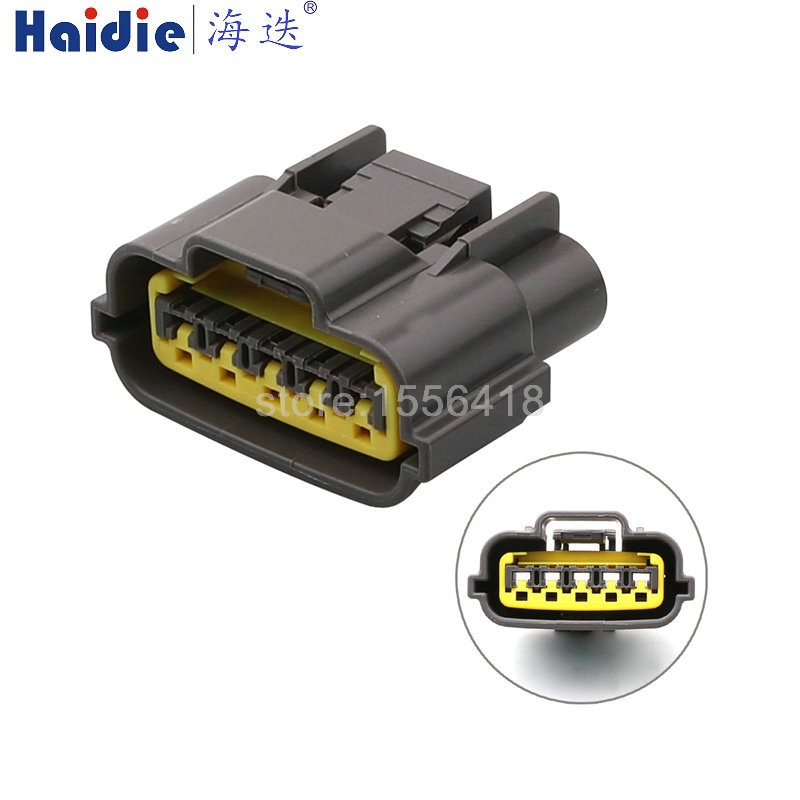Automotive connectors refer to parts used to connect multiple devices, modules or systems. It has extensive and important applications in automotive power systems. The automotive power system includes components such as the engine, gearbox, drive shaft, and differential, all of which need to be connected through connectors.
In automotive engine systems, connectors are used to connect various sensors and actuators. For example, the engine control unit (ECU) must be able to detect various sensor feedback information such as oxygen sensors and send commands to actuators such as fuel injectors and ignition systems. Connectors are required between these sensors and actuators to ensure high-quality data transmission and, if required, quick replacement.
In automotive transmission systems, connectors are used to connect various sensors and actuators in order to better regulate the work of the transmission. For example, in an automatic transmission, sensors are needed to detect information such as transmission fluid temperature, vehicle speed, engine load, etc., and transmit the information to the ECU. Connectors make this information exchange easy and reliable.
In addition, in the connection between the wheel and the drive shaft, a connector is also required. The propshaft and differential need the help of a coupler to get power to the wheels. The connectors ensure the transmission of power and the movement of the wheels, and also make it possible to replace the drive shaft and differential.
To sum up, the use of connectors in automotive power systems is very extensive and necessary. The performance of the connector directly affects the operation of the entire vehicle power system. Therefore, the selection of high-quality connector materials and professional connector manufacturers can ensure the normal operation and efficient work of the automotive power system.
Post time: Apr-08-2023


